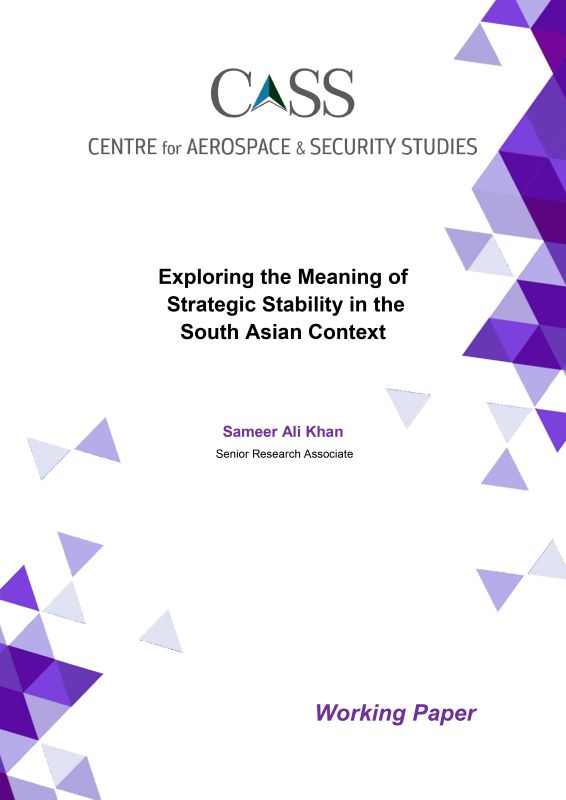Abstract
The concept of ‘strategic stability’ was originally defined during the Cold War to refer to a stable relationship between two nuclear-armed adversaries, where the likelihood of a crisis escalating to the use of nuclear weapons was minimised. However, the term has become outdated in the current context, with nine nuclear-armed states, varying threat perceptions, and differing understanding of the concept. South Asia, in particular, has its own unique understanding of strategic stability. This Working Paper examines the different approaches to strategic stability taken by the United States, India, and Pakistan, and argues that re-envisioning this concept could help reduce tensions and pave the way for future arms control, risk reduction, and achieving stability in a region where nuclear weapons exist amidst numerous outstanding disputes.





